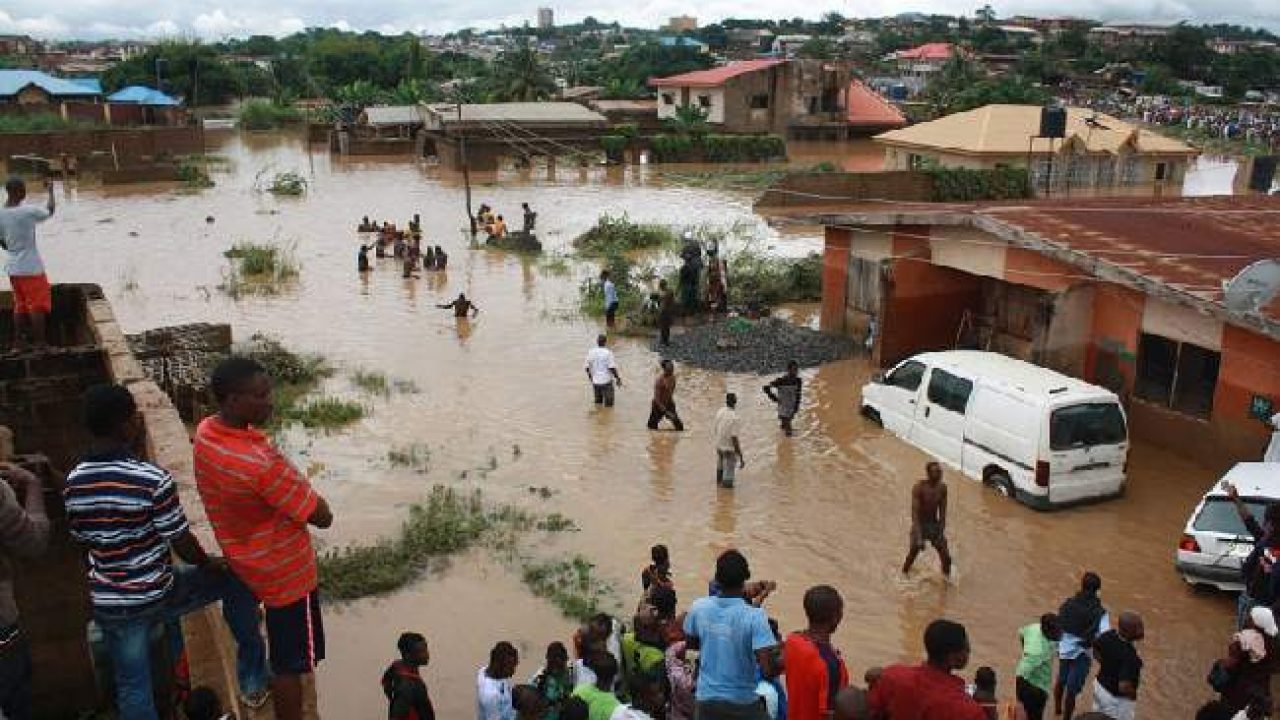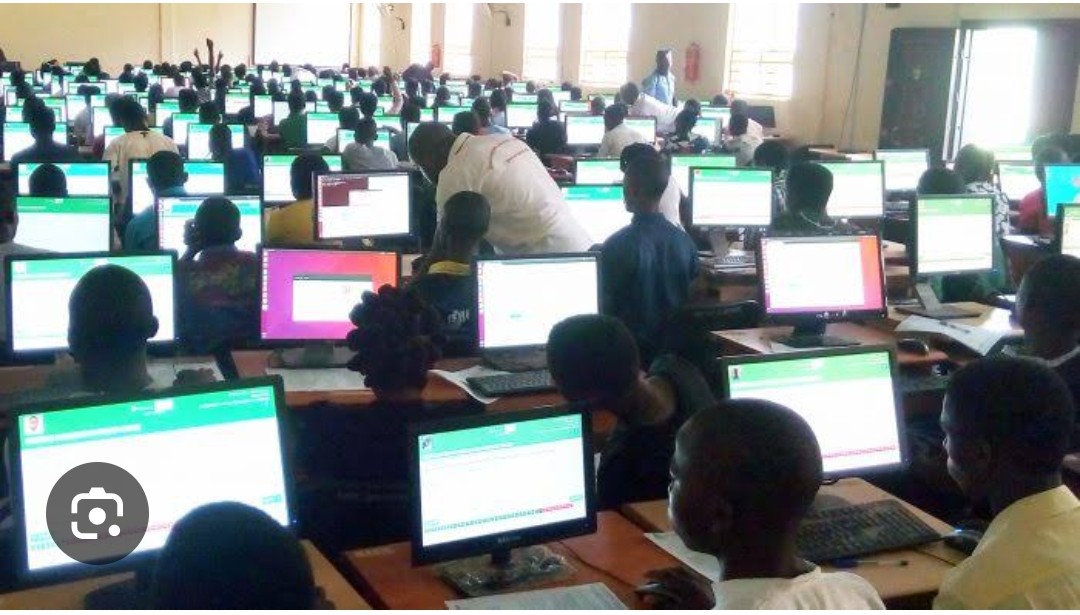Climate change is one of the most pressing challenges facing the world today, and its impacts are already being felt in Nigeria. One of the sectors that is particularly vulnerable to climate change is education.
We will look at five ways climate change affects education in Nigeria, supported by data and statistics. We will also discuss ongoing efforts to mitigate these impacts and recommend solutions to adapt to the changing climate.
What is climate change?
Climate change is the long-term alteration of temperature and typical weather patterns in a place. It could refer to a particular location or the planet as a whole. It may cause weather patterns to be less predictable. A region might experience lower or higher than average temperatures. Climate change may cause more frequent and severe weather events, such as storms, floods, and droughts.
The Earth’s climate has changed throughout history, but the current warming trend is extremely rapid and primarily caused by human activities, such as the burning of fossil fuels, which release greenhouse gases into the atmosphere. Greenhouse gases trap heat, causing the planet to warm.
Climate change is already having a significant impact on the planet, and these impacts are expected to become more severe in the future. Climate change is causing sea levels to rise, glaciers and ice sheets to melt, and extreme weather events to become more frequent and intense. It is a serious threat to the planet and humanity. It is important to take action to reduce greenhouse gas emissions and mitigate the impacts of climate change.
Read also: What is a ‘green school’?
Read also: 20 most expensive secondary schools in Lagos
Here are five ways in which climate change is affecting education in Nigeria
Damage to schools and infrastructure
Extreme weather events such as floods and storms can damage schools and infrastructure, making it difficult or impossible for students to attend school. According to the World Bank, in 2012, flooding in Nigeria damaged or destroyed over 2,000 schools.
Similarly, the Global Facility for Disaster Reduction and Recovery (GFDRR) has stated that Nigeria is among the top ten countries with the highest number of people affected by floods, putting its infrastructure at risk.
According to Nigeria Government Data, the 2022 floods displaced over 1.4 million people, killed over 603 people and injured more than 2,400 persons. Also, about 82,035 houses were damaged and 332,327 hectares of land were affected.
![5 ways climate change affects education in Nigeria 1 Students cry out as flood takes over secondary school in Rivers [PHOTOS] - Daily Post Nigeria](https://dailypost.ng/wp-content/uploads/2017/09/flood1.jpg)
A flooded school in Rivers state – Source: Daily Post
Disruption to classes
Climate change can lead to disruptions to classes, as extreme weather events can force schools to close. According to a 2014 study by the United Nations Children’s Fund (UNICEF), climate change-related disasters caused the closure of over 10,000 schools in Nigeria between 2009 and 2013.
Health impacts on students and teachers
Climate change can lead to health problems such as heat stress, malaria, and respiratory infections, which can make it difficult for students and teachers to learn and teach effectively. According to a 2018 study by the World Health Organisation, malaria is a major cause of absenteeism among school children in Nigeria.
Food insecurity
Climate change can lead to food insecurity, which can make it difficult for students to concentrate in school. According to the Food and Agriculture Organisation of the United Nations (FAO), climate change is already hurting agricultural production in Nigeria, which could lead to increased food insecurity in the future.

Food loss, food security in Nigeria – the impact of drought – Photo credit: WFP
Economic impacts
Climate change can harm the economy, which can lead to reduced government spending on education. According to the World Bank, climate change could cost Nigeria up to 30 per cent of its gross domestic product by the end of the century.

Different ways climate change impacts Nigerians – Photo credit: Daily Trust
What people are doing to mitigate the impact of climate and adapt
There are several things that people are doing to mitigate the impact of climate change and adapt to its effects on education in Nigeria. These include:
Building climate-resilient schools: The Nigerian government and international organisations are working to build climate-resilient schools that can withstand extreme weather events. For example, the World Bank is funding the construction of 100 climate-resilient schools in Nigeria.
Providing early warning systems: The Nigerian government and international organisations are working to provide early warning systems for extreme weather events. This will help schools to prepare for and respond to these events more effectively. For example, the United Nations Development Programme is supporting the development of a national early warning system for flooding in Nigeria.
Developing climate-smart curricula: The Nigerian government and international organisations are working to develop climate-smart curricula that teach students about climate change and how to adapt to its effects. For example, the United Nations Educational, Scientific and Cultural Organisation (UNESCO) is supporting the development of a climate-smart curriculum for primary and secondary schools in Nigeria.
Supporting climate change research: The Nigerian government and international organisations are supporting climate change research in Nigeria. This research will help to improve our understanding of the impacts of climate change on education and how to mitigate them. For example, the United Kingdom government is funding a project to research the impacts of climate change on education in Nigeria.
Recommendations
Some things can be done to mitigate the impact of climate change on education in Nigeria. These include:
Increase funding for education: The Nigerian government should increase funding for education so that schools can invest in climate-resilient infrastructure and climate-smart curricula.
Improve access to education: The Nigerian government should improve access to education for all children, regardless of their location or socioeconomic background. This will help to ensure that all children have the opportunity to learn about climate change and how to adapt to its effects.
Strengthen climate change education: The Nigerian government should strengthen climate change education in schools. This will help to raise awareness of climate change and teach students about the skills and knowledge they need to adapt to its effects.
Promote climate-friendly practices in schools: Schools should promote climate-friendly practices, such as energy efficiency and water conservation. This will help to reduce schools’ carbon footprint and make them more resilient to climate change.
Climate change is a serious threat to education in Nigeria.
However, several things can be done to mitigate its impact and adapt to its effects. By taking action now, we can ensure that all children in Nigeria have the opportunity to learn and thrive in a changing climate.












[…] of April to October, the country’s social systems face increased disruption, severely affecting education, healthcare and food supplies. As of 2023, the United Nations estimated that more than 25 million […]